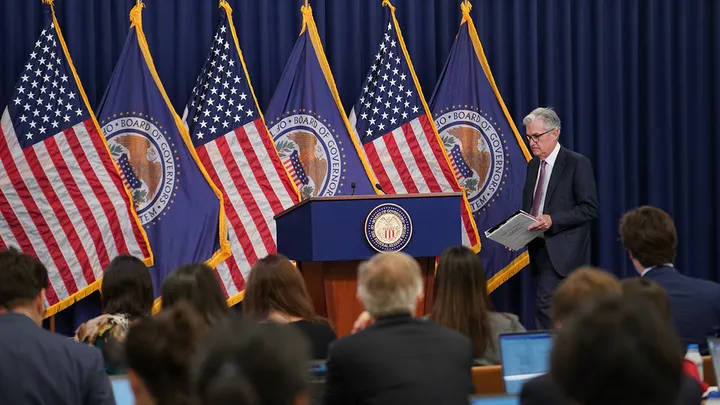
Federal Reserve Vice Chair Lael Brainard on Friday stressed the need to combat scorching-hot inflation with higher interest rates and pledged the central bank will not prematurely pull back on tighter monetary policy.
In a speech at the Federal Reserve Bank of New York, Brainard emphasized that officials will proceed both “deliberately and in a data-dependent manner” when forging monetary policy amid growing concerns about a global recession.
“Monetary policy will need to be restrictive for some time to have confidence that inflation is moving back to target,” she said. “For these reasons, we are committed to avoiding pulling back prematurely.”
The U.S. central bank has embarked on one of the fastest courses in history to raise borrowing costs and slow the economy.
Officials last week approved a third consecutive 75 basis point rate hike, lifting the federal funds rate to a range of 3.0% to 3.25% — near restrictive levels — and indicated that more super-sized increases are coming. One basis point is one hundredth of one percent.
There is a growing expectation on Wall Street that the Federal Reserve will trigger an economic downturn as it raises interest rates at the fastest pace in three decades to catch up with runaway inflation.
Economic growth already contracted in the first two quarters of the year, with gross domestic product — the broadest measure of goods and services produced in a nation — contracting by 1.6% in the winter and 0.6% in the spring.
Fed chair Jerome Powell has all but conceded the central bank will tip the economy into a recession with its rapid rate hikes, warning that higher rates will cause economic “pain.”
“The chances of a soft landing are likely to diminish to the extent that policy needs to be more restrictive or restrictive for longer,” Powell told reporters in Washington. “Nonetheless, we’re committed to getting inflation back down to 2%. We think a failure to restore price stability would mean far greater pain.”
But Brainard warned against complacency in the Fed’s fight against inflation.
“Inflation is very high in the United States and abroad, and the risk of additional inflationary shocks cannot be ruled out,” she said.
New government data released Friday showed that the Fed’s preferred inflation gauge, known as the Personal Consumption Expenditures (PCE) index, accelerated more than expected in August, suggesting that underlying inflationary pressures remain strong.
The PCE index showed core prices, excluding food and energy, climbed 0.6% from the previous month and rose 4.9% on an annual basis, according to the Commerce Department.